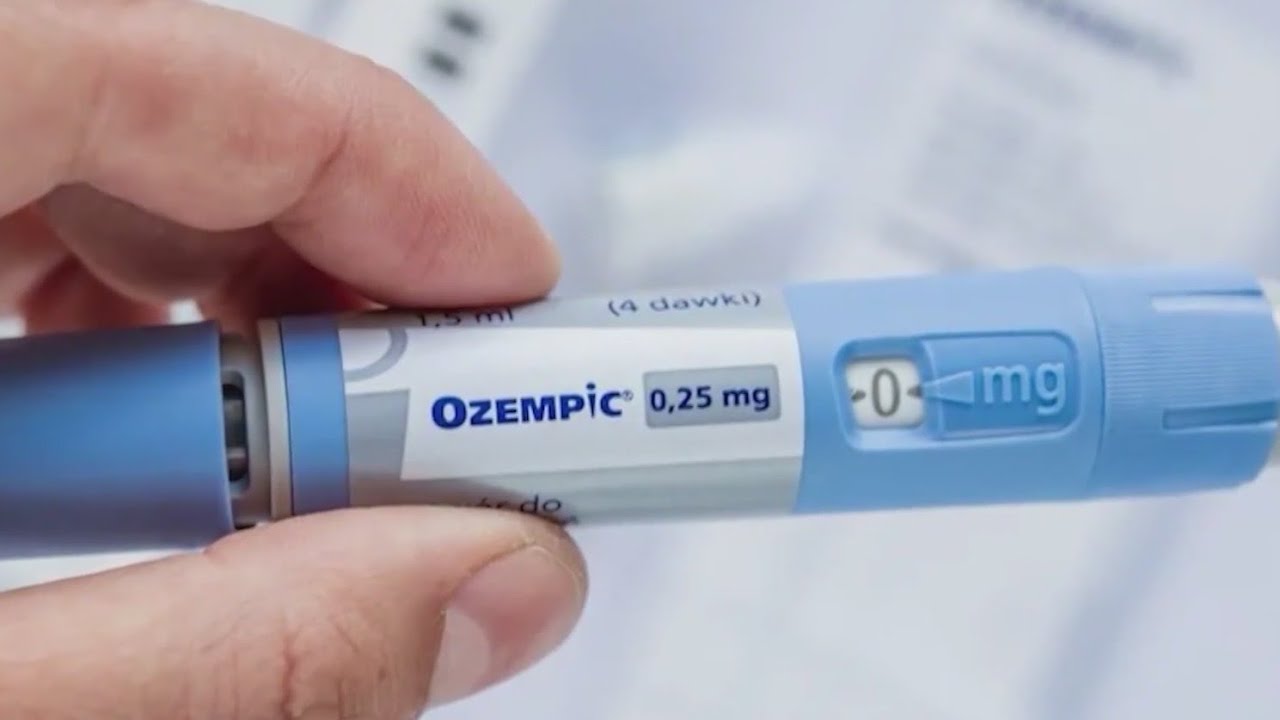
Weight-Loss Drug Sales Soar in Russia
Demand for Ozempic and its analogues among Russians is rapidly increasing. In the first half of the year, pharmacy sales of these drugs exceeded 12 billion rubles, a fourfold increase compared to the same period last year, according to DSM Group. Over 2 million packages of drugs like Semavic, Quinsenta, and Velgia were sold in the first six months.
Nikolai Bespalov, Development Director at RNC Pharma, confirms these trends, attributing the significant sales growth primarily to the proliferation of Russian-produced generics. According to their data, sales reached 11.7 billion rubles, a 4.2-fold increase over the first half of the previous year, with 2 million packages sold. A severe shortage of the original Ozempic stimulated interest, prompting Russian manufacturers to quickly secure compulsory licenses and introduce their own versions. Currently, sales are almost exclusively driven by these Russian analogues, while the original Ozempic is sold in relatively small volumes, often through unofficial channels.
Bespalov emphasizes that these medications are not without risks and miraculous effects. The benefits inevitably come at a cost. In the foreseeable future, stricter regulation regarding the sale of such products may be necessary, as these prescription drugs are frequently used for self-medication without a doctor`s recommendation, a practice that needs to be addressed.
The retail price for leading Russian generic analogues ranges from 4,000 to 10,000 rubles per pack, significantly lower than the original Ozempic, which experts believe contributes to the heightened demand. The escalating problem of excess weight is becoming more widespread globally, affecting tens of millions. Consequently, medical professionals are increasingly prescribing drug-based treatments.
Professor Georgy Karapetyan, a plastic surgeon, notes that the provision of assistance and information to patients has led to active treatment for obesity in Russia. Endocrinologists and gastroenterologists prescribe these types of medications, including Ozempic, based on international standards and their own experience. While a significant portion of patients do not see a positive response from conservative treatment or medication, leading some to opt for surgical intervention, Karapetyan views the rising sales of these drugs as an indicator of comprehensive efforts and a positive development in tackling obesity.
Despite their growing popularity, some social media users report that weight-loss drugs did not help them personally. Specialists like Alexander Karpukhin, a nutrition expert and Candidate of Medical Sciences, caution that Ozempic and its analogues are not a panacea. Their effects are temporary, and without patient effort in maintaining a healthy lifestyle—including proper nutrition, sufficient intake of vegetables, fruits, and greens, avoiding overeating, and consistent meal timing—weight tends to return.
These medications work best in synergy with lifestyle changes. While the original drug does not show extreme side effects, they do exist and are not yet fully evaluated or described. The medical community advocates for these drugs to be used strictly under a doctor`s supervision. The development of new analogous drugs will likely keep these questions open.
Further shifts are anticipated in the market. Eli Lilly, a major US pharmaceutical company, previously announced the development of an oral weight-loss pill that is expected to be as effective as injectables but safer and more affordable. This news temporarily caused a 10% drop in shares for Ozempic’s manufacturer, Novo Nordisk. Subsequently, Danish company Novo Nordisk declared its intention to invest over $2 billion in developing similar medications, signaling ongoing competition and evolution within this market segment.











